Optimize Manufacturing Efficiency and Reduce Costs with PMC's Virtual Commissioning Services
Virtual commissioning involves creating a virtual model of a facility and testing its control systems in a simulated environment to identify potential problems before installation. This process can optimize the design and operation of control systems, and reduce costs and downtime associated with traditional commissioning. By simulating equipment behavior in a virtual environment using advanced simulation and testing techniques, issues can be detected and resolved early, minimizing risk of damage in the actual facility.
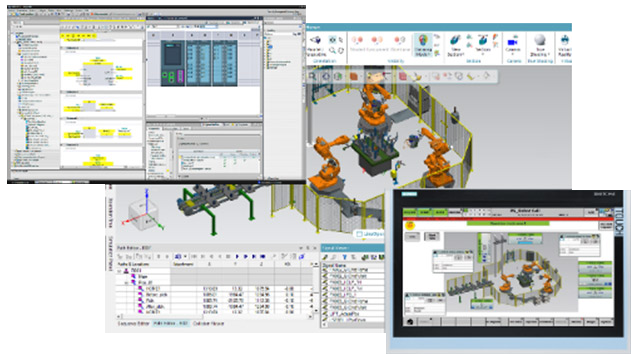
The Two Kinds of Virtual Commissioning Implementation
SIL (Software in the Loop) is a form of virtual commissioning that involves simulating the control software of a manufacturing system without the requirement for physical equipment. This allows for the testing and validation of software before it is combined with the physical system. SIL is often utilized to detect and rectify control software errors early in the development process, which can minimize time and costs linked with physical testing and commissioning.
Hardware in the Loop (HIL) is a type of virtual commissioning that uses physical equipment and a simulation model to validate control systems. It links a real control system to a simulated environment, enabling extensive testing in a secure and controlled setting. HIL testing allows engineers to identify and resolve issues before deploying the control system in the actual environment, reducing the risk of errors and downtime.

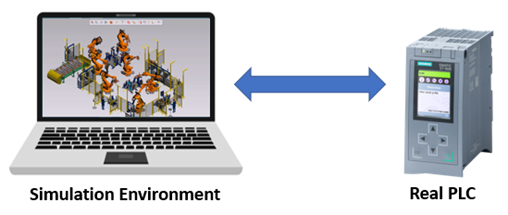
We often find that both are necessary to reach optimal outcomes during our evaluation process. It is possible to integrate both SIL and HIL together during virtual commissioning processes.
Benefits of Virtual Commissioning
- Debug and validate PLC programming virtually
- Train users before real system is in place
- User-friendly HMI layouts
- Detect and resolve potential issues and reduce commissioning time and costs
- Test and validate equipment for reliability and safety
- No impact on running production
- Performance optimization scenarios of control systems and equipment
- Improve operator training and safety with realistic simulation
- Reduce downtime and increase production efficiency
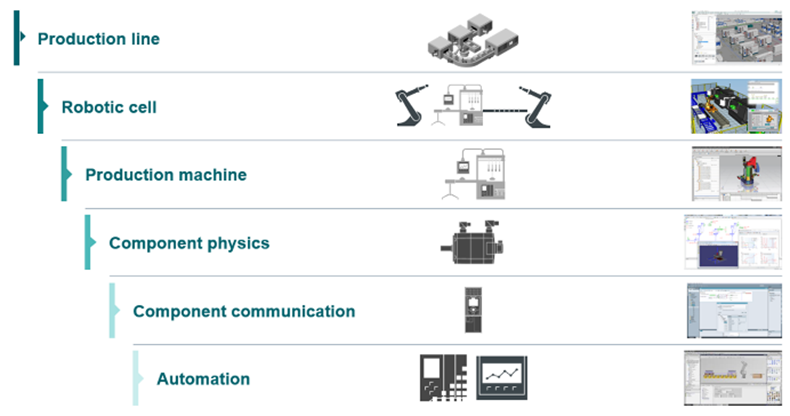
Virtual Commissioning Process
Model Creation: A virtual model of the facility and its control systems is created using CAD software and can include everything from individual machines and robots to the entire production line.
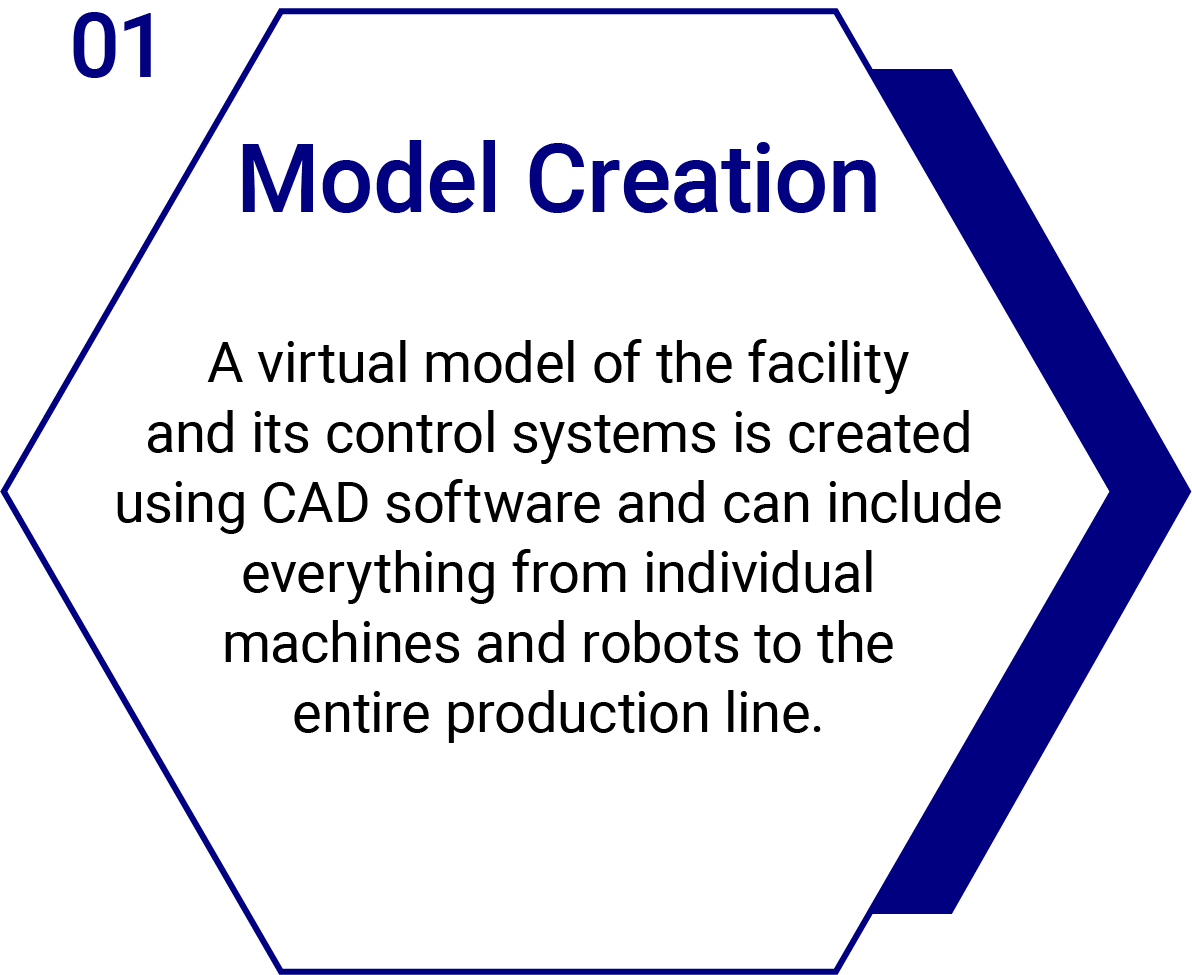
Simulation: Simulation software is used by engineers to test control systems and equipment in a simulated environment, enabling them to identify potential issues and optimize the control systems for peak performance.
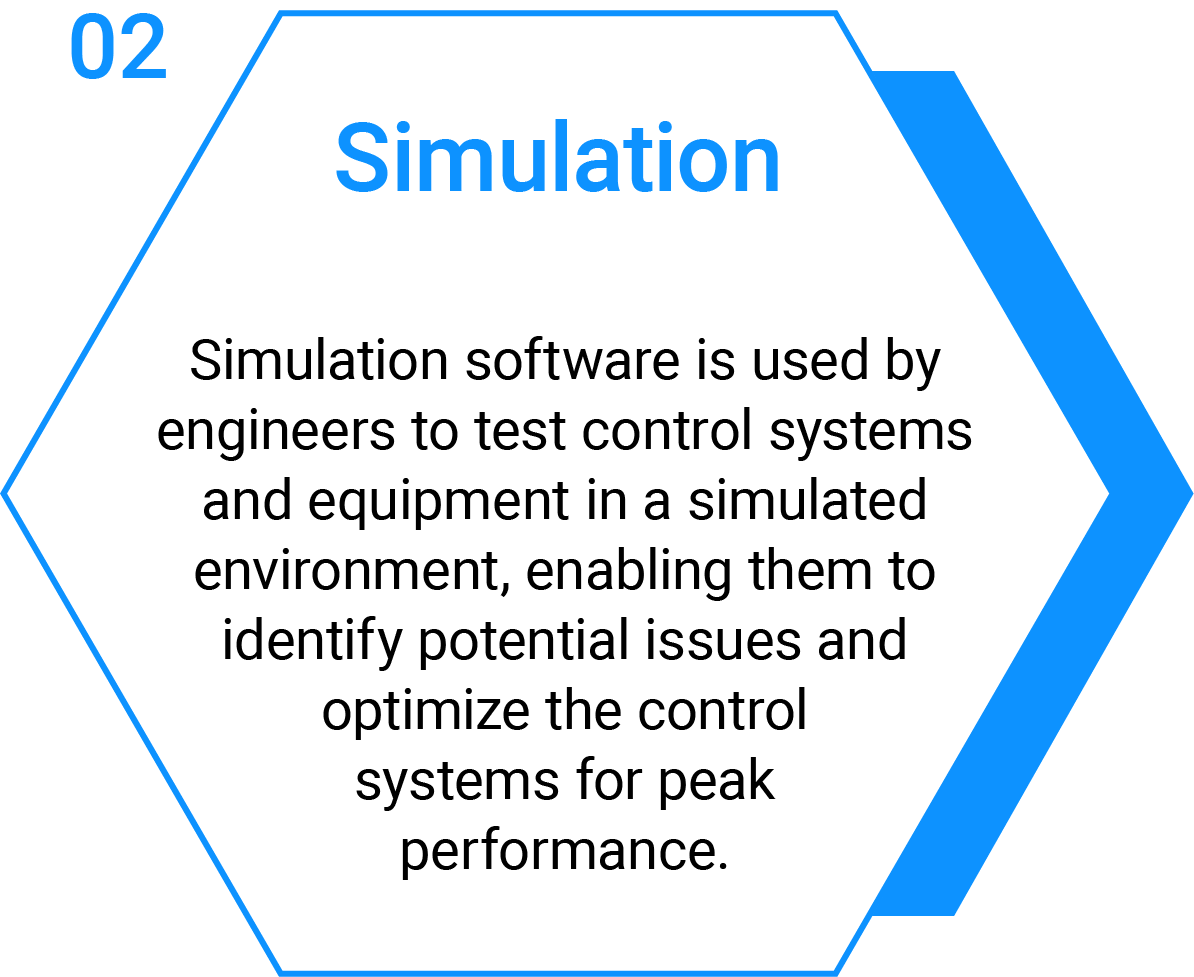
Testing: Control systems and equipment are tested in the virtual environment to ensure proper functioning.
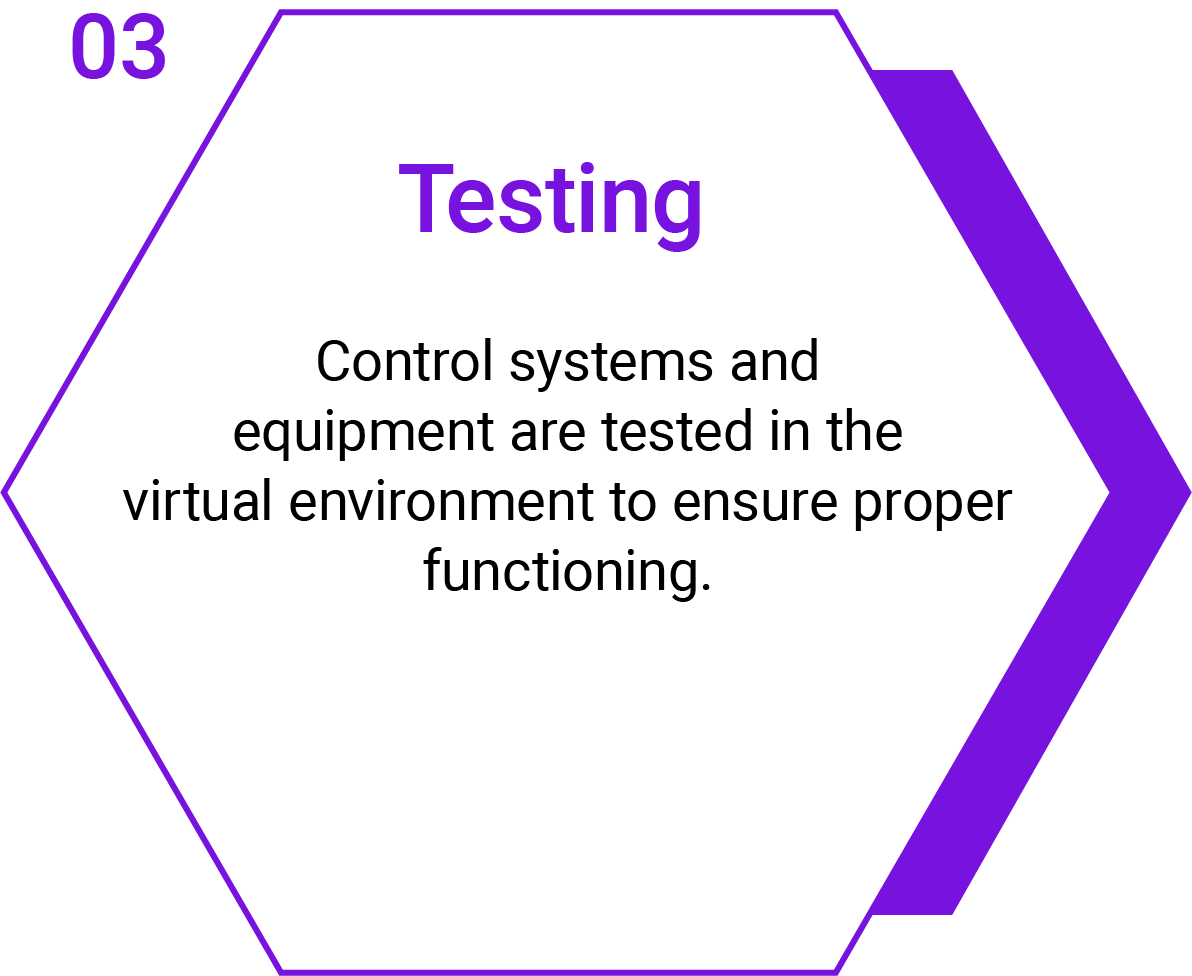
Validation: Once the virtual commissioning is complete, the control systems and equipment can be validated to ensure they meet the requirements and specifications of the actual facility.
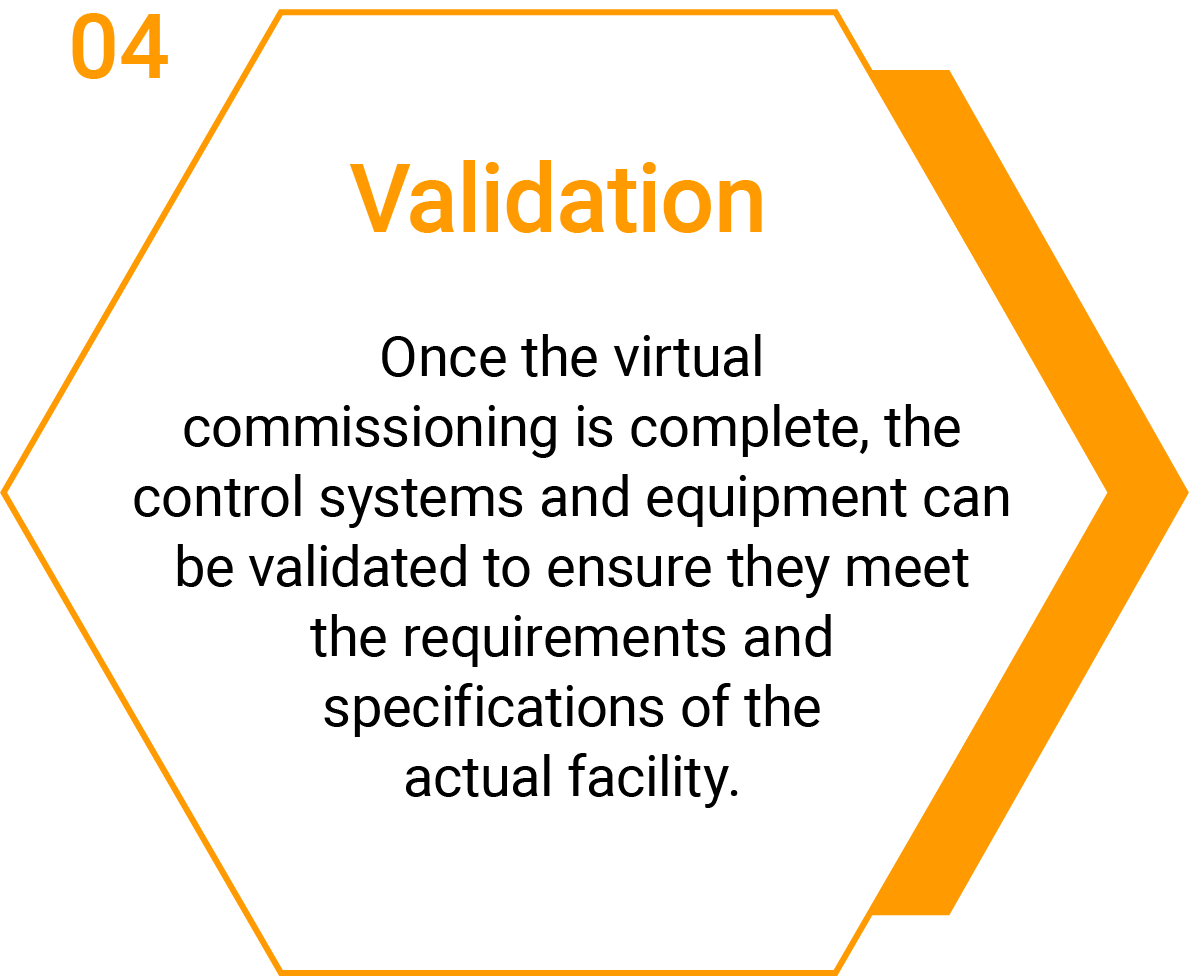
Deployment: After validation, the control systems and equipment are deployed in the actual facility, addressing any issues or conflicts discovered during virtual commissioning.
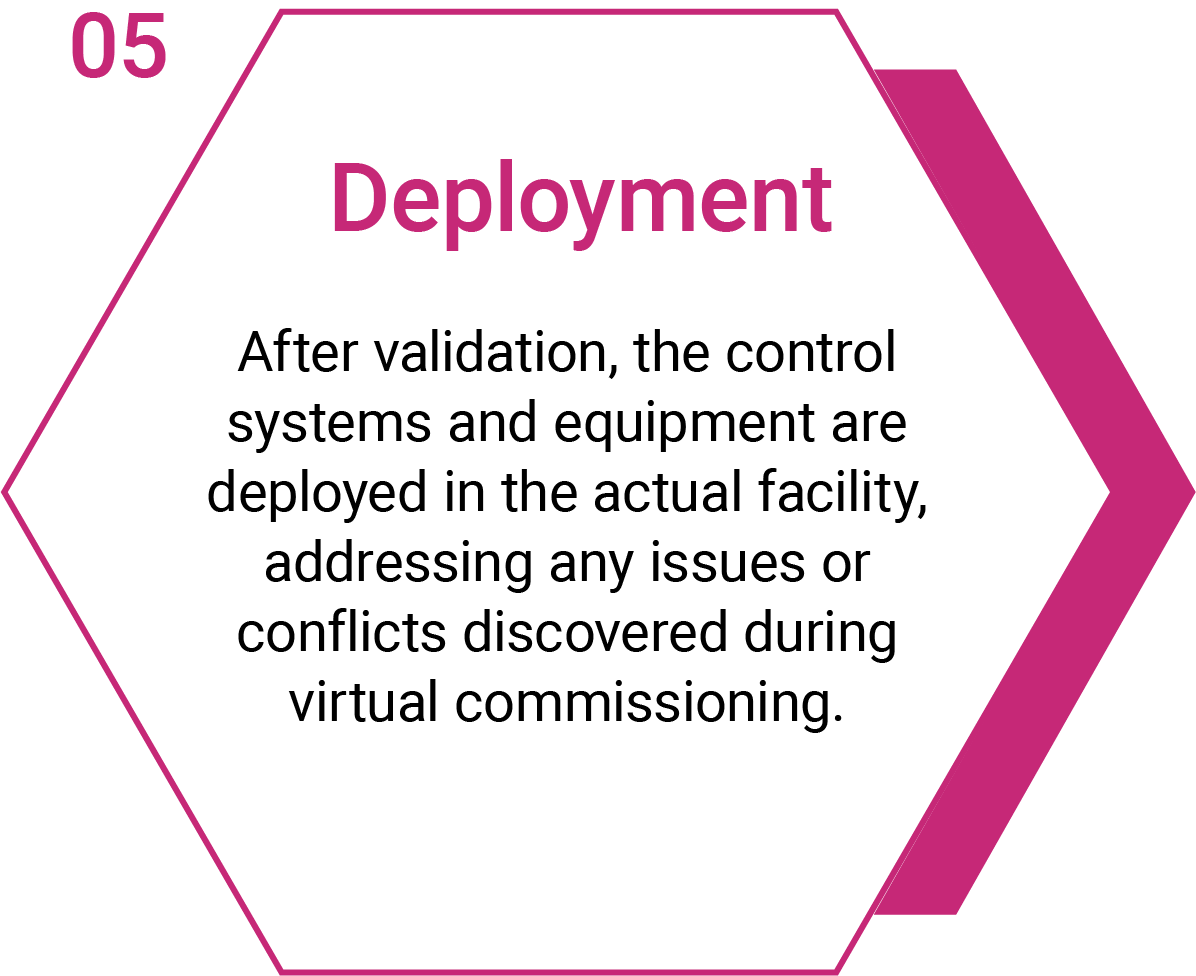
Optimization: Optimize control systems and equipment in the actual facility to ensure peak performance, including fine-tuning control systems, making adjustments to the production line, and implementing necessary upgrades or changes.
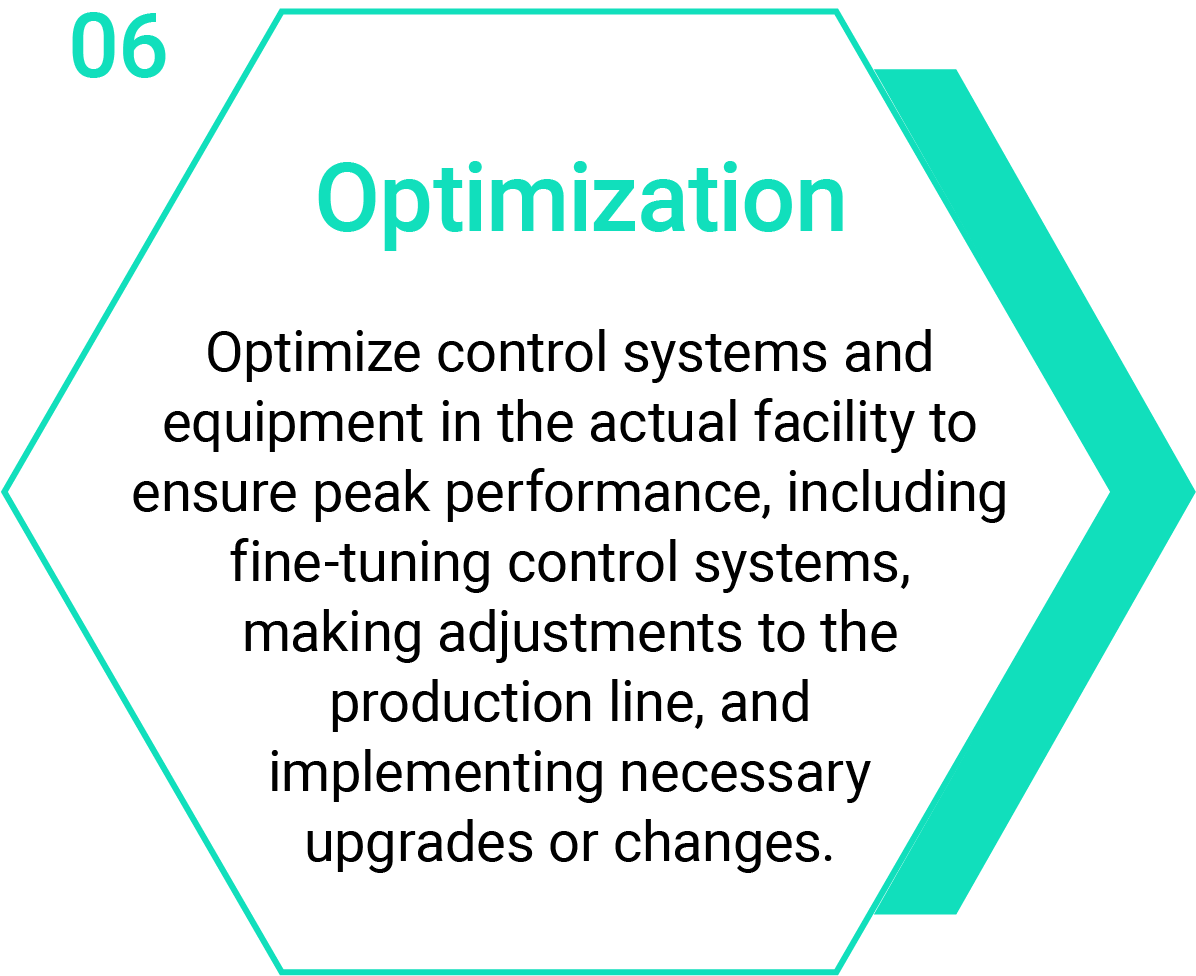
Software & Technologies
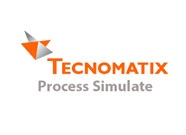
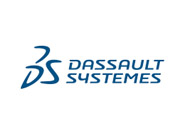

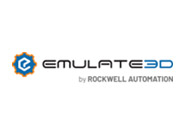
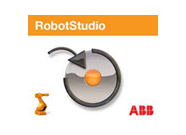
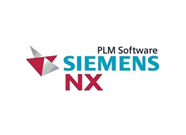
Our Virtual Commissioning Experts
PMC's virtual commissioning experts are well-versed in cutting-edge simulation tools and technologies, offering tailored commissioning solutions to fit the specific needs of each client. With extensive experience in automation and manufacturing, including software-in-the-loop and hardware-in-the-loop testing, our team prioritizes collaboration, communication, and innovation to deliver outstanding outcomes that help clients achieve their production objectives. PMC's proven track record of successful virtual commissioning projects showcases our ability to reduce costs, minimize downtime, and optimize production processes. Choose PMC for comprehensive solutions and services that meet your unique needs.
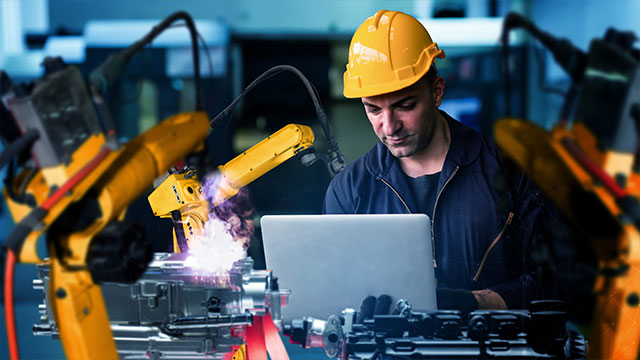
Related Service: Robotics Simulation Consulting
Robotics simulation consulting is a service that helps businesses design, test, and optimize their robotic systems using computer simulation. It can identify potential issues before they are built and optimize performance, as well as train robots to perform specific tasks. PMC has expertise in robotics, computer science, and engineering and can assist in selecting simulation tools and techniques to benefit our clients.
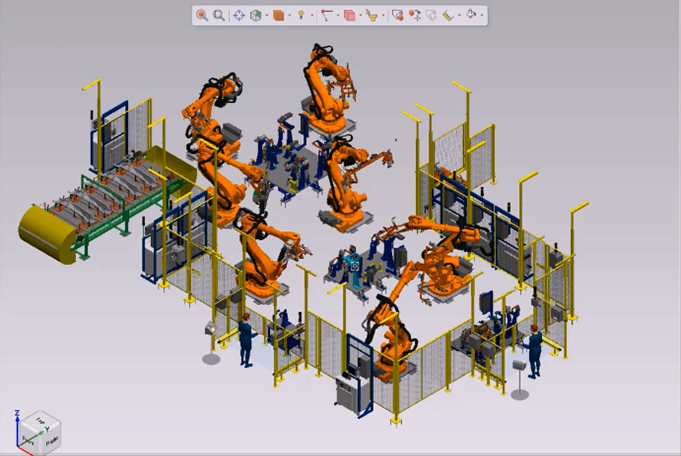
Contact Us
Please write your questions in the following form and we will get to you as soon as possible. We look forward to helping you achieve your goals.
